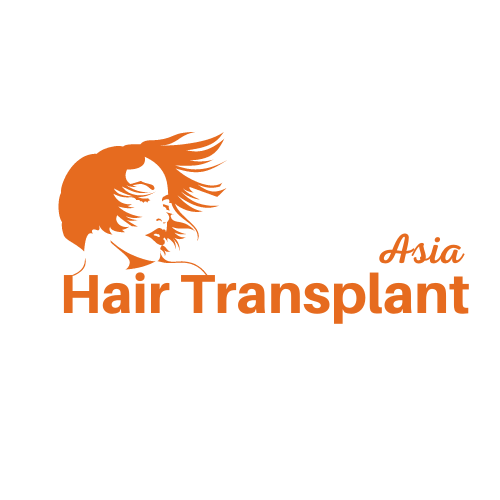Is Dandruff Causing Your Hair Loss? We all know that dandruff can be a nuisance, but it can also have more serious effects on your hair health. If you’ve noticed thinning hair or bald spots and think there may be a correlation with your dandruff, it’s important to know the truth. Learning more about the link between dandruff and hair loss will help you manage both your scalp and your tresses.
What is Dandruff?
Dandruff is a common condition characterized by white flakes that appear on the scalp and other parts of the body. It’s caused by the excessive production of skin cells, which are then shed from the scalp as they become old and dry. This can happen when skin cells don’t turn over regularly, leading to irritation, inflammation, and even infections of the scalp. While this condition is generally not harmful, it can cause some discomfort and embarrassment for those who suffer from it. The good news is that there are treatments available to help control symptoms like itching or flaking.
Does Dandruff Cause Hair Loss?
The short answer is no – dandruff itself does not cause hair loss, but certain treatments used to treat dandruff may be responsible for thinning hair or bald spots in some cases. One treatment that has been known to cause shedding is coal tar shampoo, which contains high concentrations of tar-derived compounds that can irritate the scalp. Overwashing with harsh shampoos can also strip away natural oils from the scalp, leading to dryness and breakage which could lead to further hair loss. Additionally, constantly scratching your head because of itchiness or irritation caused by dandruff could damage follicles over time if left unchecked.
Conclusion:
Although there isn’t a definite link between dandruff and hair loss yet established by scientific research, it’s still important to understand how certain treatments for this condition could affect your tresses in the long run. If you have a history of excessive shedding or bald spots due to dandruff treatments, talk with your doctor about alternative solutions such as topical medications or light therapy so you can keep both your scalp and locks healthy for years to come!
